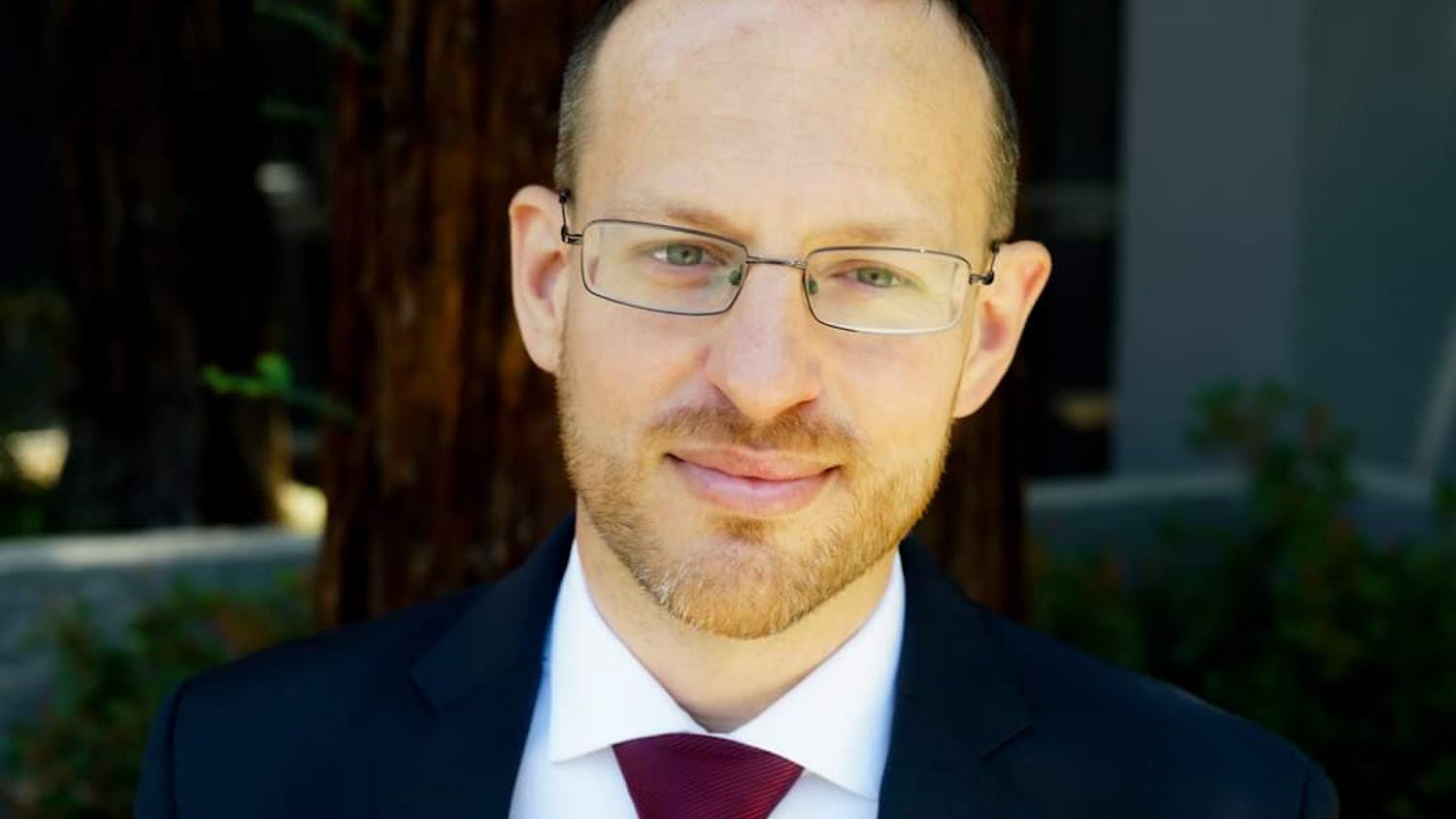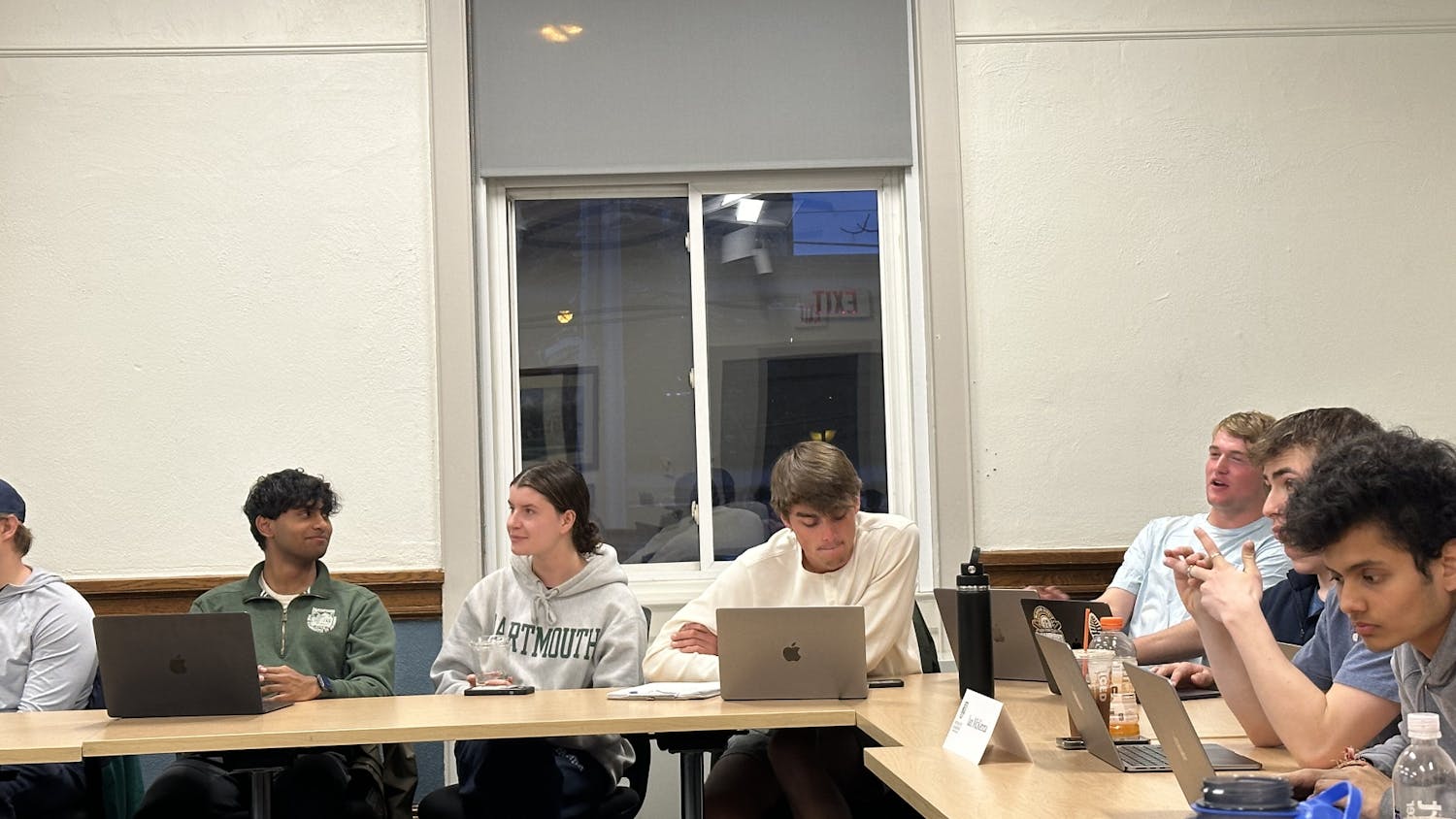The New Hampshire Senate has taken a major step toward paid family and medical leave in New Hampshire. The Granite Caregiving Act, a major priority of the new Democratic majority, passed on a party-line vote last week. The bill, symbolically called Senate Bill 1, would establish a statewide paid family and medical leave insurance program funded by a tax on employers.
SB 1 earned support from all 13 present Democratic senators, while all 10 Republican senators opposed it. Should the bill also pass the Democrat-controlled House, Republican Governor Chris Sununu has promised to veto it.
The plan offers 12 weeks of leave at 60 percent pay to all employees in the state. Employees would be able to take leave for the birth or adoption of a child, to take care of a sick family member, or for personal health.
All employers would be required to participate unless they could demonstrate that they offer a plan equivalent or superior to the one provided by the state. The program would be funded by a 0.5 percent tax on wages, which could be deducted from employees’ wages or paid for directly by the employer.
State senator Cindy Rosenwald (D-Nashua), a cosponsor of the bill, said that “many, many states are looking at how to [set up a paid leave insurance program].”
“The pressures on people and the pressures on families are so intense that we think you shouldn’t have to choose between your job and your family,” Rosenwald said.
State senator Jeb Bradley (R-Wolfeboro), who voted against the bill, said that “there’s broad support for the idea of paid family leave in New Hampshire,” but there is debate over “the best way to do it.”
Bradley said he supports a competing proposal from Governor Sununu that would partner with Vermont to create an insurance pool of both states’ government employees. Other employers and employees in both states could opt-in to the proposal, which would be managed by private insurance companies.
Rosenwald said that the governor “hasn’t really put out a plan yet.”
“[Sununu has] talked about an idea. Nobody has seen a plan,” she said. “He’s talking about a joint state pool of 18,000 people,” which Rosenwald does not believe would be large enough to make the plan competitive.
Bradley said that a voluntary program would be better than a mandatory one.
“By virtue of [SB 1] being mandatory, the government is deciding what benefits employees value most,” Bradley said. “They’re deciding that family leave is something above increased wages, above better healthcare benefits, above dental benefits, above, maybe, more sick time, maybe the ability to work from home, flex time, any number of things that employees and the employers traditionally negotiate.”
He added that he believes the combined state employees of Vermont and New Hampshire would be a “critical mass” that could entice insurance companies to submit competitive bids.
Rosenwald said that SB 1 is similar to a bill that passed three times under a Republican-controlled House last year, but that it takes into account criticism that bill received from Governor Sununu and Senate Republicans.
“There’s an option for the state to see if a private company can do some of the administrative and adjudicative work more efficiently [and at less cost] than the state,” which Rosenwald said was in response to a lack of public-private cooperation in the last bill.
She also said that the last bill had been criticized for being voluntary, so SB 1 is now mandatory. However, “this year, the complaint is that [SB 1] should be voluntary.”
Bradley also criticized the employer tax used to pay for the plan, calling it an income tax on employees.
State senator Martha Hennessey ’76 (D-Hanover), a cosponsor of SB 1, said that calling the employer tax an income tax is misleading. “They positively know [that] is a way to try to get people all worried about it,” she said.
Hennessey characterized the plan as similar to the unemployment insurance system that employers currently pay into.
“It seems to us that [paid family and medical leave] should also be something that employers pay into so that their employees — when they’re unemployed, just for short periods of time, because of family crises — [are] able to spend time with their families,” Hennessey said.
“It’s not a tax, it’s an insurance,” she said, adding that paid leave is something “constituents are clamoring for.”
If the bill were to pass, Dartmouth — which currently offers birth mothers eight weeks of paid leave and spouses or partners two weeks of paid leave — would likely have to change its policies to align with SB 1. The Office of Human Resources declined to comment on the bill until it has been “signed into law.”
Dartmouth Democrats president Gigi Gunderson ’21 said that paid family leave was a major issue in the midterm elections last November in New Hampshire even though it isn’t “one of the sexier political issues.”
She added that paid family leave is “a really important step forward to supporting more families in the workplace and, by extension then, more women in the workplace.”
College Republicans vice president Daniel Bring ’21, however, prefers the governor’s proposal, calling it “a sound solution that comes without levying payroll taxes that hurt employers and employees alike.”
“SB 1’s plan, as it stands, can have immediate and damaging consequences on the economy of debt-laden New Hampshire,” he added.

Kyle ('22) is the former editor-in-chief of The Dartmouth, Inc. and an opinion writer for The Dartmouth from St. Petersburg, Florida. He is studying history, economics and public policy at the College. In his free time, he also enjoys climbing, Legend of Zelda: Breath of the Wild and a good book.
As former editor-in-chief, Kyle's views do not represent those of The Dartmouth.



